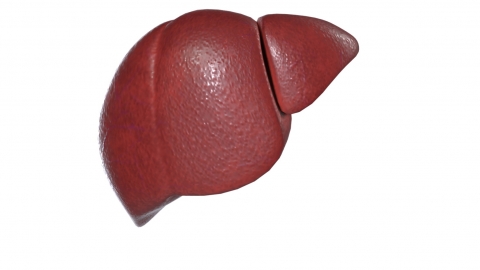What is a liver cyst?
Generally, hepatic cysts are cystic lesions filled with fluid that form within the liver. The main causes include congenital and acquired factors. Gastrointestinal symptoms are typical manifestations of hepatic cysts. At present, timely treatment should be selected based on the severity of the condition. If discomfort occurs, prompt medical attention is necessary. A detailed analysis is as follows:

A hepatic cyst is a benign tumor occurring in the liver, referring to fluid-filled spaces enclosed by a thin membrane within the liver tissue, which may be solitary or multiple. The disease is usually associated with congenital developmental abnormalities, inflammation, trauma, and other factors. In the early stages, when the hepatic cyst is small, there may be no symptoms. However, as the condition progresses and the cyst enlarges, patients may experience postprandial fullness, loss of appetite, nausea, vomiting, and other symptoms.
If the hepatic cyst is small, observation without specific treatment may be appropriate. However, if the cyst is large and poses a risk of rupture or hemorrhage, timely surgical intervention should be performed under a doctor's guidance, such as cyst aspiration, cyst fenestration, or cyst drainage.
Although hepatic cysts are benign lesions and most cases do not require treatment, regular follow-up after diagnosis is essential to monitor disease progression and changes. At the same time, adequate rest and appropriate limitation of physical activity are recommended in daily life.










